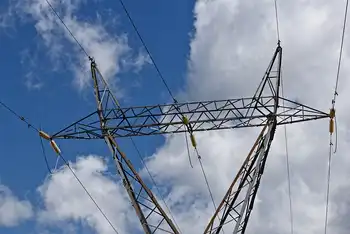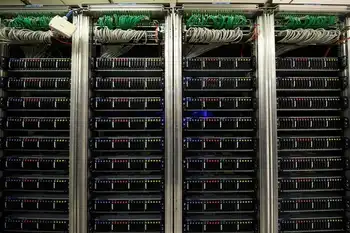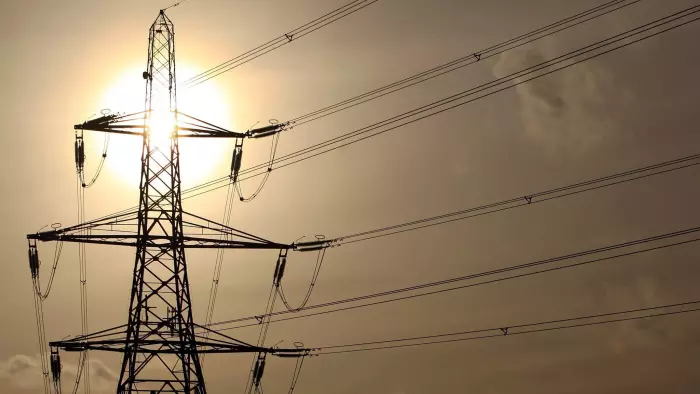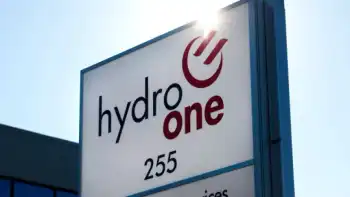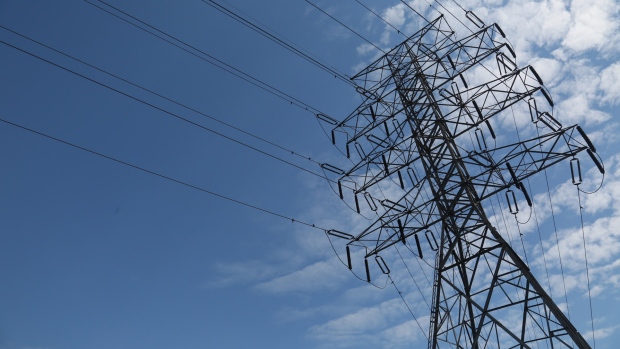IEEE applauds workforce training announcement
By Electricity Forum
NFPA 70e Training
Our customized live online or in‑person group training can be delivered to your staff at your location.

- Live Online
- 6 hours Instructor-led
- Group Training Available
On September 21, the DOE issued a funding opportunity announcement (FOA) entitled “Recovery Act – Workforce Training for the Electric Power Sector.” Approximately $100 million is expected to be available for new awards under this announcement.
Projects under this FOA will be funded, in whole or in part, with funds appropriated by the American Recovery and Reinvestment Act of 2009 (Recovery Act). Among the Recovery Act's stated purposes are to stimulate the economy and to create and retain jobs.
Wanda Reder, President of the IEEE Power & Energy Society with more than 24,000 electric power and energy members worldwide, praised the DOE initiative. “This funding can be used to raise to a higher level the awareness of our nation’s educational system about the need for electric power and energy engineers and technicians. This initiative can help address the pressing need for educating and producing current and future power engineers identified by the U.S. Power and Energy Engineering Workforce Collaborative in its action plan Preparing the U.S. Foundation for Future Electric Energy Systems: A Strong Power and Energy Engineering Workforce.”
Gordon Day, president of IEEE-USA, agrees. “The funding will help educate and prepare engineers and the skilled trades for a modern electric delivery system, enable retraining and assist unemployed and under-employed workers in other fields to qualify for power engineering job opportunities, and enhance university and community college education programs.” IEEE-USA endeavors to preserve and create jobs for IEEE's 210,000 U.S. members and all U.S. electrical, electronics and computer engineers.
“This initiative is also designed to foster technological innovation and advancements required to create a national clean-energy smart grid.” Reder says. “Our electric power industry faces major challenges. Engineers are needed to turn ideas into workable solutions. With retirements occurring now and in the future in large numbers in both industry and university faculty, we need proposals in response to this initiative that will build sustainable education programs and speed the revival of our nation’s economy today and continue to support it for years to come.”
On September 21, the DOE issued a funding opportunity announcement (FOA) entitled “Recovery Act – Workforce Training for the Electric Power Sector.” Approximately $100 million is expected to be available for new awards under this announcement.
Projects under this FOA will be funded, in whole or in part, with funds appropriated by the American Recovery and Reinvestment Act of 2009 (Recovery Act). Among the Recovery Act's stated purposes are to stimulate the economy and to create and retain jobs.
Wanda Reder, President of the IEEE Power & Energy Society with more than 24,000 electric power and energy members worldwide, praised the DOE initiative. “This funding can be used to raise to a higher level the awareness of our nation’s educational system about the need for electric power and energy engineers and technicians. This initiative can help address the pressing need for educating and producing current and future power engineers identified by the U.S. Power and Energy Engineering Workforce Collaborative in its action plan Preparing the U.S. Foundation for Future Electric Energy Systems: A Strong Power and Energy Engineering Workforce.”
Gordon Day, president of IEEE-USA, agrees. “The funding will help educate and prepare engineers and the skilled trades for a modern electric delivery system, enable retraining and assist unemployed and under-employed workers in other fields to qualify for power engineering job opportunities, and enhance university and community college education programs.” IEEE-USA endeavors to preserve and create jobs for IEEE's 210,000 U.S. members and all U.S. electrical, electronics and computer engineers.
“This initiative is also designed to foster technological innovation and advancements required to create a national clean-energy smart grid.” Reder says. “Our electric power industry faces major challenges. Engineers are needed to turn ideas into workable solutions. With retirements occurring now and in the future in large numbers in both industry and university faculty, we need proposals in response to this initiative that will build sustainable education programs and speed the revival of our nation’s economy today and continue to support it for years to come.”






